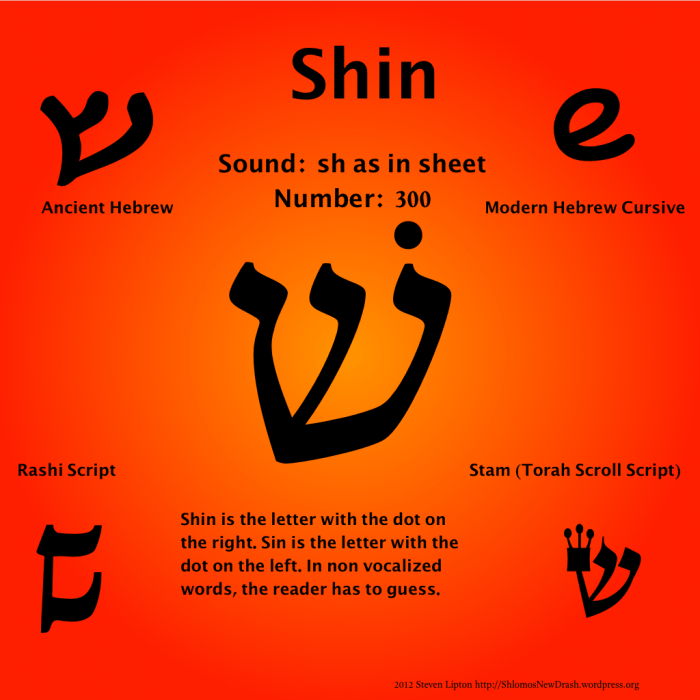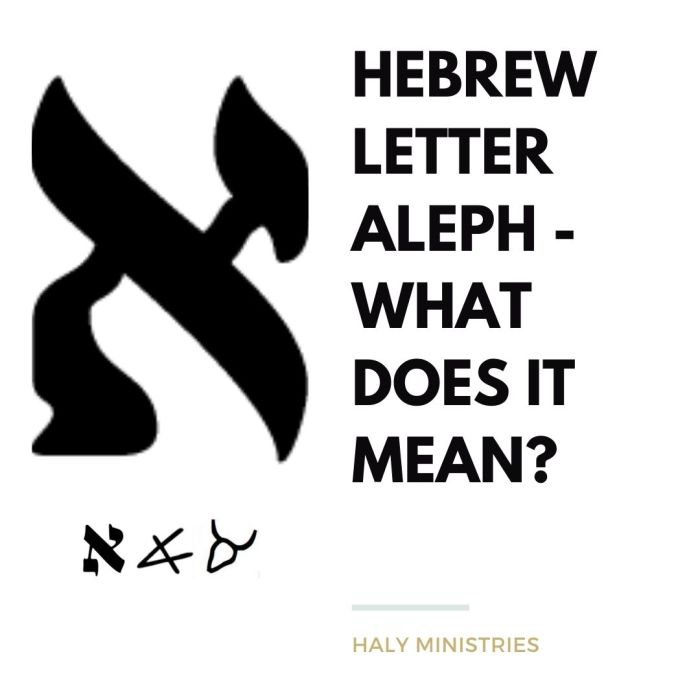What does kan mean in hebrew – What does “kan” mean in Hebrew? This seemingly simple question opens up a world of linguistic exploration and cultural significance. Join us as we delve into the meaning, etymology, and usage of this versatile word, uncovering its role in shaping Hebrew language and society.
From its literal translation to its contextual nuances, “kan” plays a pivotal role in Hebrew communication. Its historical origins and linguistic influences have shaped its multifaceted nature, giving rise to a rich tapestry of expressions and idioms.
Definition of “Kan” in Hebrew

The Hebrew word “kan” is literally translated as “here” or “this place.”
In a broader sense, “kan” can also refer to a specific location, situation, or context. It is often used to indicate a point in space or time, or to emphasize the present moment or location.
Kan, meaning “here” in Hebrew, is a common word that appears in various contexts. Like the prefix “hypo” in English, which indicates “below” or “less than,” kan can also be used to describe something that is present or close by.
For example, the phrase “kan ani” means “here I am.” Just as words with the prefix hypo provide a specific nuance to English vocabulary, kan adds a distinct flavor to Hebrew expressions, making it an essential part of everyday communication.
Usage Examples
- “Kan ani” – “Here I am”
- “Kan ve’atah” – “Here and now”
- “Kan b’makom hazeh” – “Here in this place”
Etymology of “Kan”

The word “kan” in Hebrew has a rich etymological history, tracing its roots back to ancient Semitic languages.
Linguistic Influences
The Hebrew word “kan” is believed to have originated from the Proto-Semitic root “k-n,” which means “to establish” or “to set up.” This root is found in various Semitic languages, including Arabic, Akkadian, and Aramaic.
In Hebrew, the root “k-n” underwent several phonetic changes over time, resulting in the formation of the word “kan.” The addition of the prefix “ka” further modified its meaning, giving it the sense of “here” or “in this place.”
Usage of “Kan” in Hebrew

The Hebrew word “kan” is a versatile term that serves various grammatical functions. It is primarily used as an adverb, indicating the present location or time, but it can also function as a conjunction, preposition, or noun.
In this section, we will explore the diverse usage of “kan” in Hebrew sentences, along with a comprehensive list of phrases and idioms that incorporate this word.
As an Adverb, What does kan mean in hebrew
- “Kan” is commonly used to denote the present location or time.
- For example, “Ani kan” means “I am here” or “I am present.” Similarly, “HaYom kan” translates to “Today is here” or “Today has arrived.”
As a Conjunction
- “Kan” can also be used as a conjunction to connect two clauses or sentences.
- When used in this context, it often has the meaning of “and” or “so.” For instance, “Hu ba kan ani shamti” means “He came and I heard.”
As a Preposition
- “Kan” can function as a preposition, indicating a location or relationship between two objects.
- For example, “HaSefer kan al haShulchan” translates to “The book is on the table.”
As a Noun
- In certain contexts, “kan” can be used as a noun, meaning “a place” or “a location.”
- For instance, “Hu yarad leKan” means “He went down to the place.”
Phrases and Idioms Incorporating “Kan”
- “Kan veAtah” – “Now and then”
- “Kan lo Kan” – “Here and there”
- “Kan veLo Kan” – “Neither here nor there”
- “Kan etzel” – “Here with”
- “Kan im” – “Here with”
Cultural Significance of “Kan”

“Kan” holds significant cultural weight in Hebrew society, deeply embedded in the language’s history, literature, and art. Its versatility and simplicity have made it a versatile tool for expressing various emotions, thoughts, and cultural nuances.
In Hebrew Literature
In Hebrew literature, “kan” often serves as a literary device to create suspense, emphasize certain words or phrases, or establish a sense of intimacy between the narrator and the reader. It can be used to evoke a sense of longing, nostalgia, or reflection, adding depth and emotional resonance to literary works.
In Hebrew Art
Within Hebrew art, “kan” frequently appears in paintings, sculptures, and other artistic expressions as a symbol of connection, presence, or belonging. Artists may incorporate the word “kan” into their works to convey a sense of rootedness, community, or the ephemeral nature of existence.
In Hebrew Music
In Hebrew music, “kan” plays a vital role in shaping melodies, creating rhythmic patterns, and expressing emotions. It can be used to emphasize particular notes or lyrics, adding depth and complexity to musical compositions. “Kan” also serves as a means of connecting with the audience, evoking feelings of longing, joy, or nostalgia.
Comparative Analysis of “Kan”
The usage of “kan” in Hebrew exhibits similarities and differences compared to analogous terms in other languages.
In English, the word “here” is commonly employed to indicate a specific location or point in space. However, in Hebrew, “kan” possesses a broader semantic range, encompassing not only physical proximity but also abstract concepts such as time, context, and emotional states.
Cross-Cultural Differences
One notable distinction lies in the cultural significance attached to “kan” in Hebrew. Within the context of Jewish tradition and religious texts, “kan” assumes a profound meaning, representing the presence of God or the divine realm.
In contrast, the English term “here” typically lacks such religious or spiritual connotations, primarily serving as a spatial descriptor.
FAQ Compilation: What Does Kan Mean In Hebrew
What is the literal translation of “kan” in Hebrew?
Here
How is “kan” used in Hebrew sentences?
It can be used to indicate location (here), direction (to here), or as an interjection (behold).
What is the cultural significance of “kan” in Hebrew society?
It is deeply ingrained in Hebrew language and culture, appearing in literature, art, and music, and holds emotional and symbolic meanings.